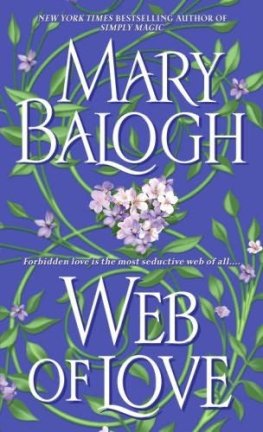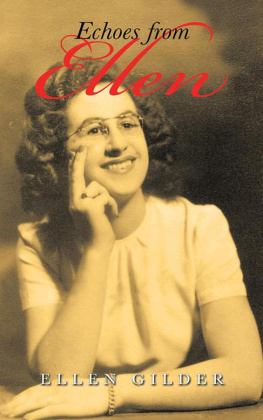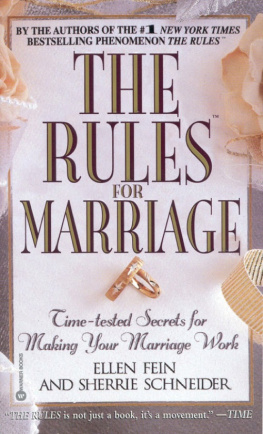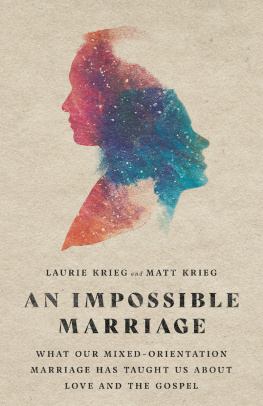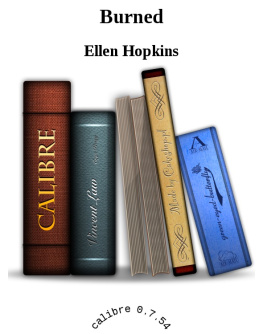PUBLISHERS NOTE
In this treatise, the veteran Swedish reformer attacks problems the most vital to the welfare of the human race, problems which have throughout the centuries engaged the attention of leaders of thought.
The writers who have given attention to the complex subject of the relations of the sexes, of the obligations of the state in the control of these relations, and of the organisation of the family as the foundation of society, include such authors as Plato, Goethe, Richter, Rousseau, Mary Wollstonecraft, Fourier, Comte, Mrs. Browning, Mill, Ibsen, Westermarck, Charlotte Gilman, Havelock Ellis, and many others.
These problems are complex, and the difficulties presented by them most serious. No writer has ever yet presented solutions that could be accepted as finally satisfactory. Ellen Key writes with a profound antagonism to the philistinism and hypocrisy which have characterised much of the consideration given by the community to the subjects. She points out (as has, of course, been emphasised by many earlier writers) that the ignoring of an evil does not dispose of it, and that so far from preserving society from its influence, the burying of an evil merely tends to increase its corrupting and demoralising results.
Whether or not the reader be prepared to accept the conclusions and recommendations of the Swedish thinker, he must recognise that these conclusions represent the result of painstaking and scholarly thought and investigation. Daring and iconoclastic as they may be, the views of Ellen Key are presented with a calmness and philosophy of method that is absolutely free from any trace of sensationalism. The book, which is being distributed in half a dozen languages to a worlds public, must be accepted as a most important contribution to philosophic thought.
The introduction by Havelock Ellis, himself an authority on social problems, will help to make clear its purpose and character.
New York , January, 1911.
INTRODUCTION
Ellen Key, whose most important book is here for the first time presented in English, is no stranger in the English-speaking world. Her Century of the Child has already found many appreciative readers in America as well as in England. Ellen Key is descended from a Scotch Highlander, Colonel MKey (probably of the famous MacKay clan) who fought under Gustavus Adolphus, and she attaches no little significance to this ancestry. She has always interested herself in English matters, and is well acquainted with the life and literature of Great Britain; but she belongs first and foremost to Scandinavia.
She was born in 1849 in the Swedish province of Smaland, on a country estate of her father. He had played a distinguished part in the Swedish parliament as an avowed radical, but his wife was a representative of an old and noble family. Ellen, their eldest child, was marked from an early age by her love of nature and of natural things. This devotion to nature may be considered hereditary, for her great-grandfather was an ardent disciple of Rousseau, and a special admirer of Rousseaus famous treatise on Education. He gave to his son the name of mile, which was handed down to Ellen Keys father. It was perhaps owing to the Rousseau tradition that the young girl was initiated from childhood in swimming, rowing, riding, and other exercises then usually reserved for boys. At the same time, she loved music and devoured books including Scotts novels and Shakespeares plays. An early enthusiasm was for Goethes Hermann and Dorothea; it may be said, indeed, that the ideal of natural, beautiful, and harmonious living for which that book stands has never left Ellen Key. She was educated for the most part at home by German, French, and Swedish teachers, but it may easily be believed that a girl of so much individuality of character, so impetuous and so independent, proved a difficult child to manage and was often misunderstood. One may divine as much from the sympathetic attitude towards children and the reverence for their healthy instincts, which are revealed in The Century of the Child. Fortunately young Ellen had a wise and discerning mother, to whom she owed much; with a fine intuition, this mother overlooked her daughters indifference to domestic vocations and left her free to follow her own instincts, at the same time exercising a judicious influence over her development. While still a young girl, the future author, inspired by Bjrnson and other Scandinavian writers, conceived the idea of devoting herself to the study of the condition of the people and wrote several novels on peasant life. A remark of her mothersthat her daughter surely could not be meant to write novels, because the main questions for her were the questions of her own soulopened her eyes to the truth that fiction could not be her vocation. But she was very far from knowing what her lifes work was to be, and her dreams were of love and motherhood, not of a career.
With Bjrnson she was throughout in friendly relationship. He had recognised her fine abilities before she even began to write, and she on her side was full of admiration for his genius, strength, and goodness. The other world-famous writer of Scandinavia Ellen Key learned to know through his work at the age of eighteen, when her mother presented to her Loves Comedy, Brand, and Peer Gynt; this also was an influential event in her life. Among writers to whom she was later attracted were Elizabeth B. Browning, George Eliot, John Stuart Mill, Herbert Spencer, and John Ruskin.
At the age of twenty-three, Ellen Key began those constant excursions to all the great centres of Europe, which may be said never since to have ceased, at first in the company of her father, whose secretary, confidant, and almost co-worker she had become, and she was thus gradually led to writing for journals. A love of art seems to have been a primary inspiration of these early journeys, for at this time Ellen Key was fascinated by the art of painting as she has always been by the greater art of living, and her wide knowledge of pictures has often happily illuminated her later writings. After 1880, however, when her father, as the result of an agricultural crisis, lost his property, she was compelled, at the age of thirty, to choose a career and for a time became a teacher in a girls school. She had always been attracted to teaching and many years earlier, at the instigation of Bjrnson, had studied the school system of Denmark. At a later period she gave courses of lectures in literature, history, and sthetics. For twenty years she occupied the Chair of History of Civilisation in Sweden at the Popular University of Stockholm.



